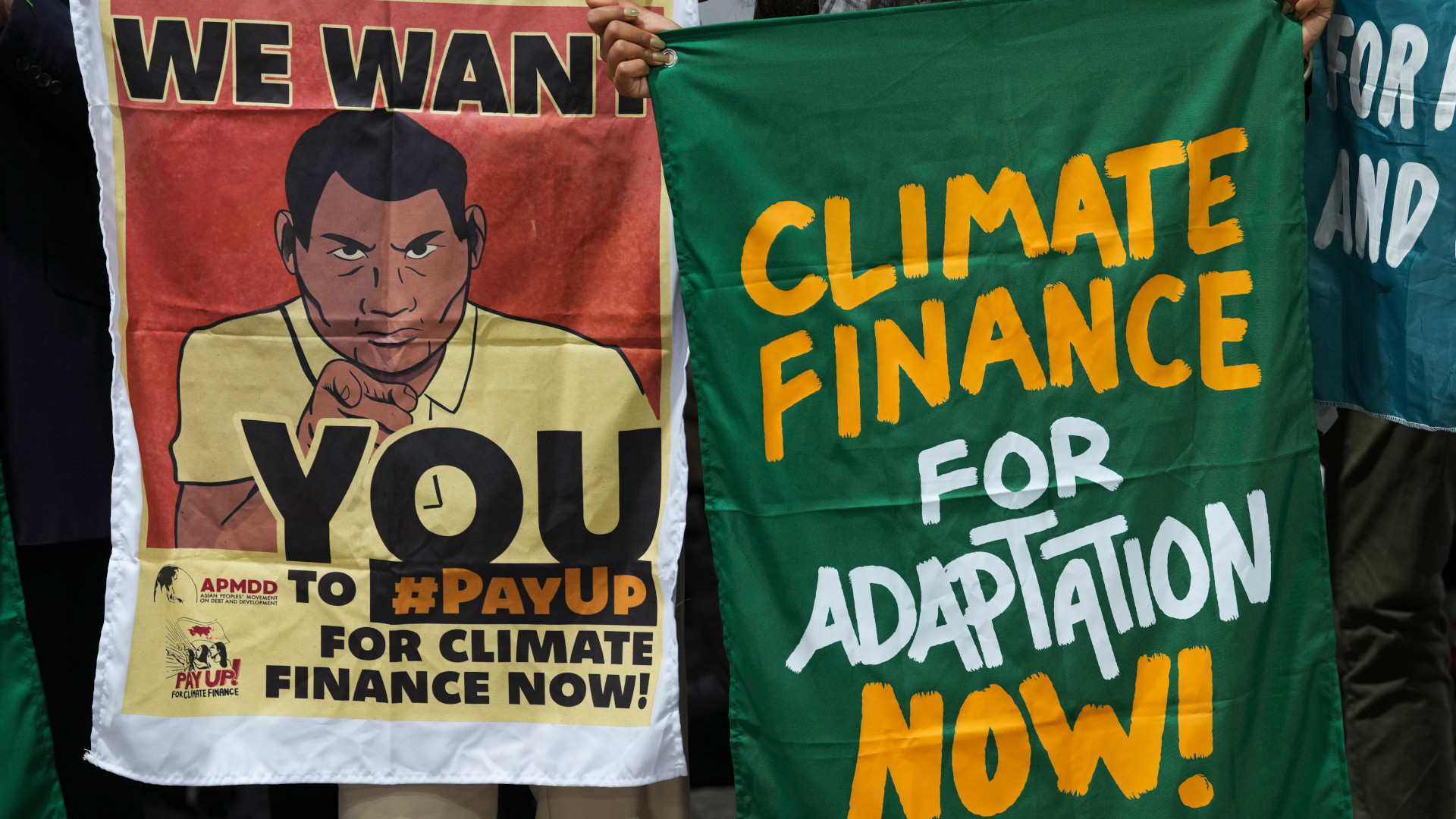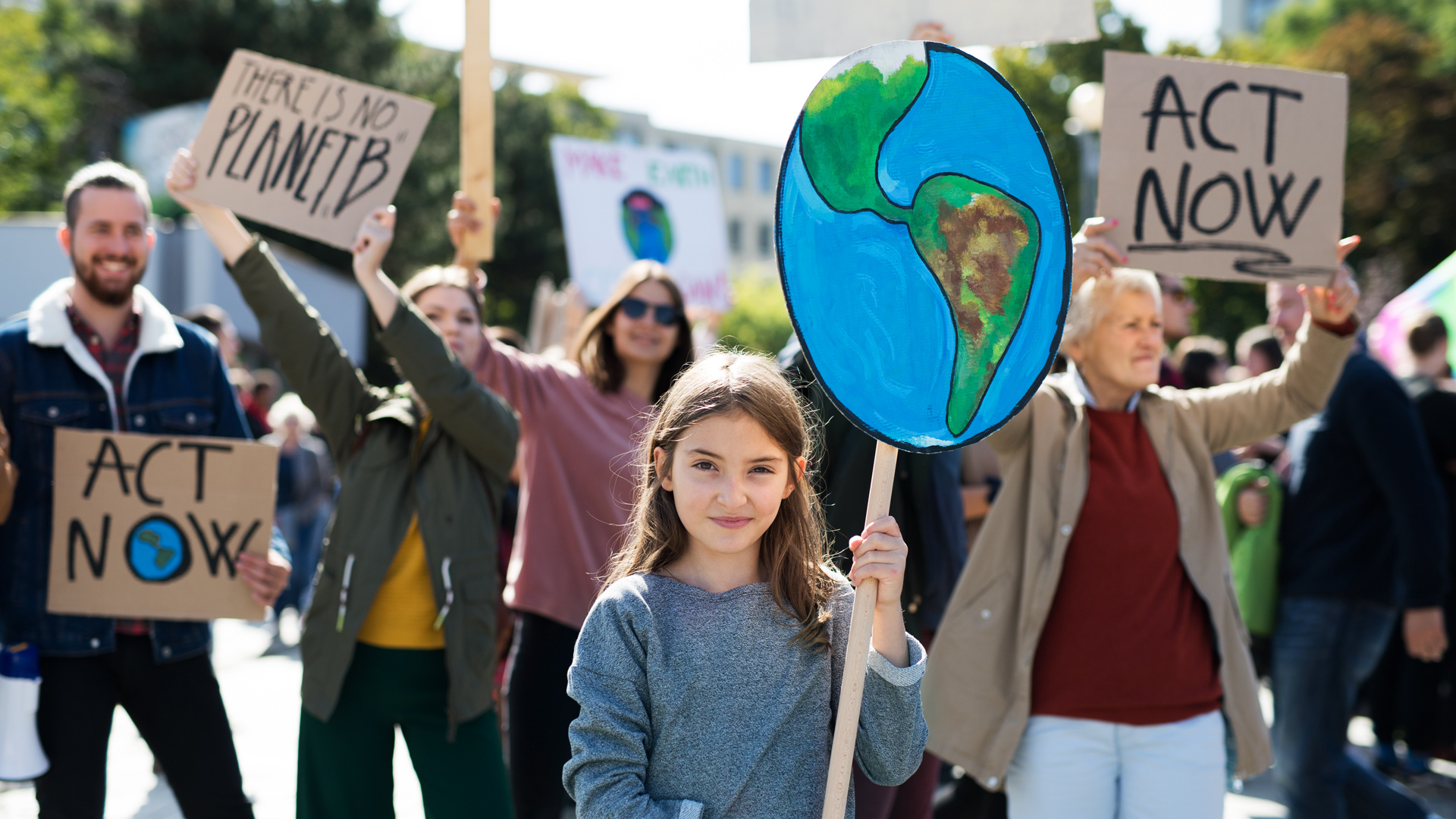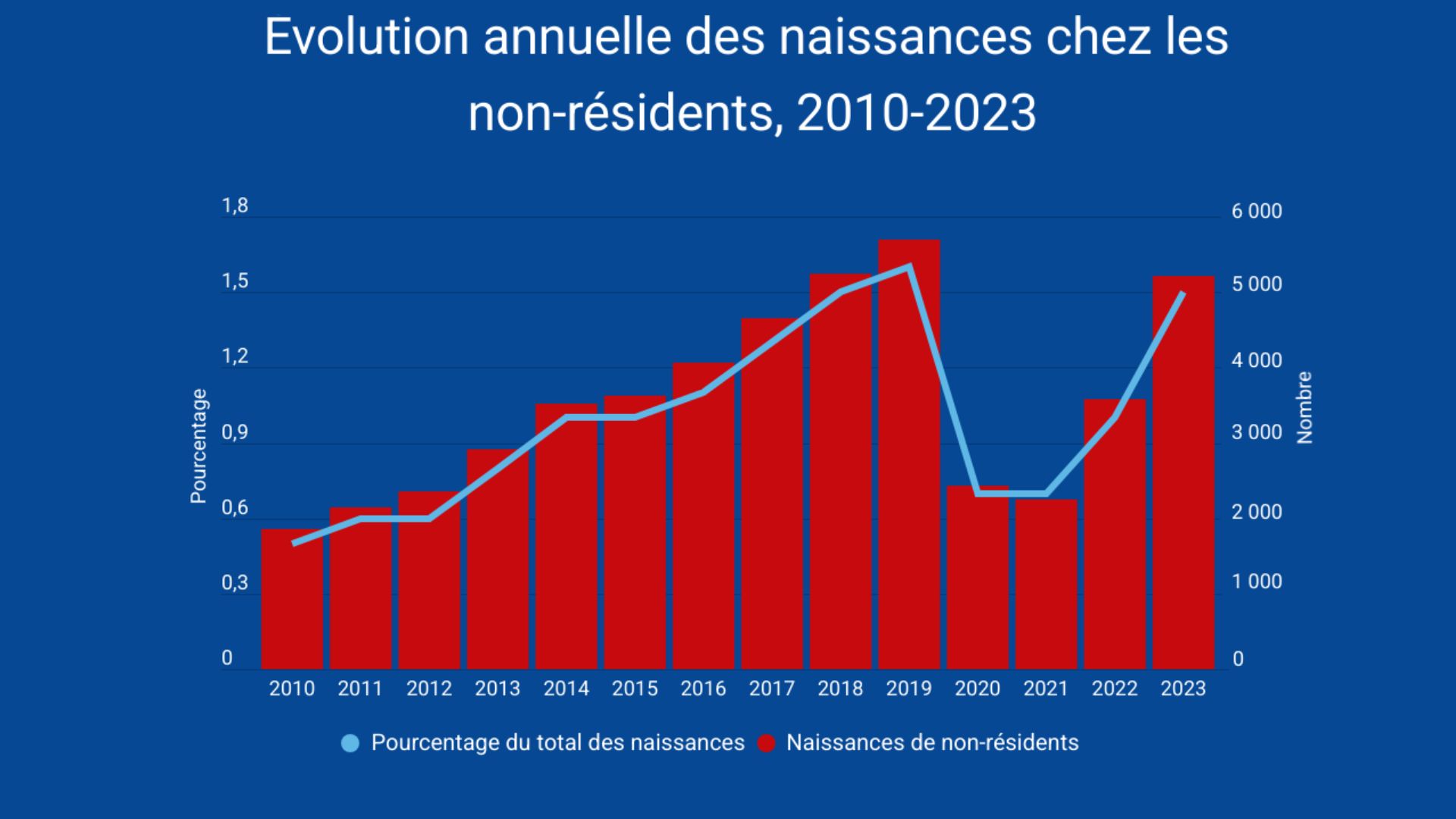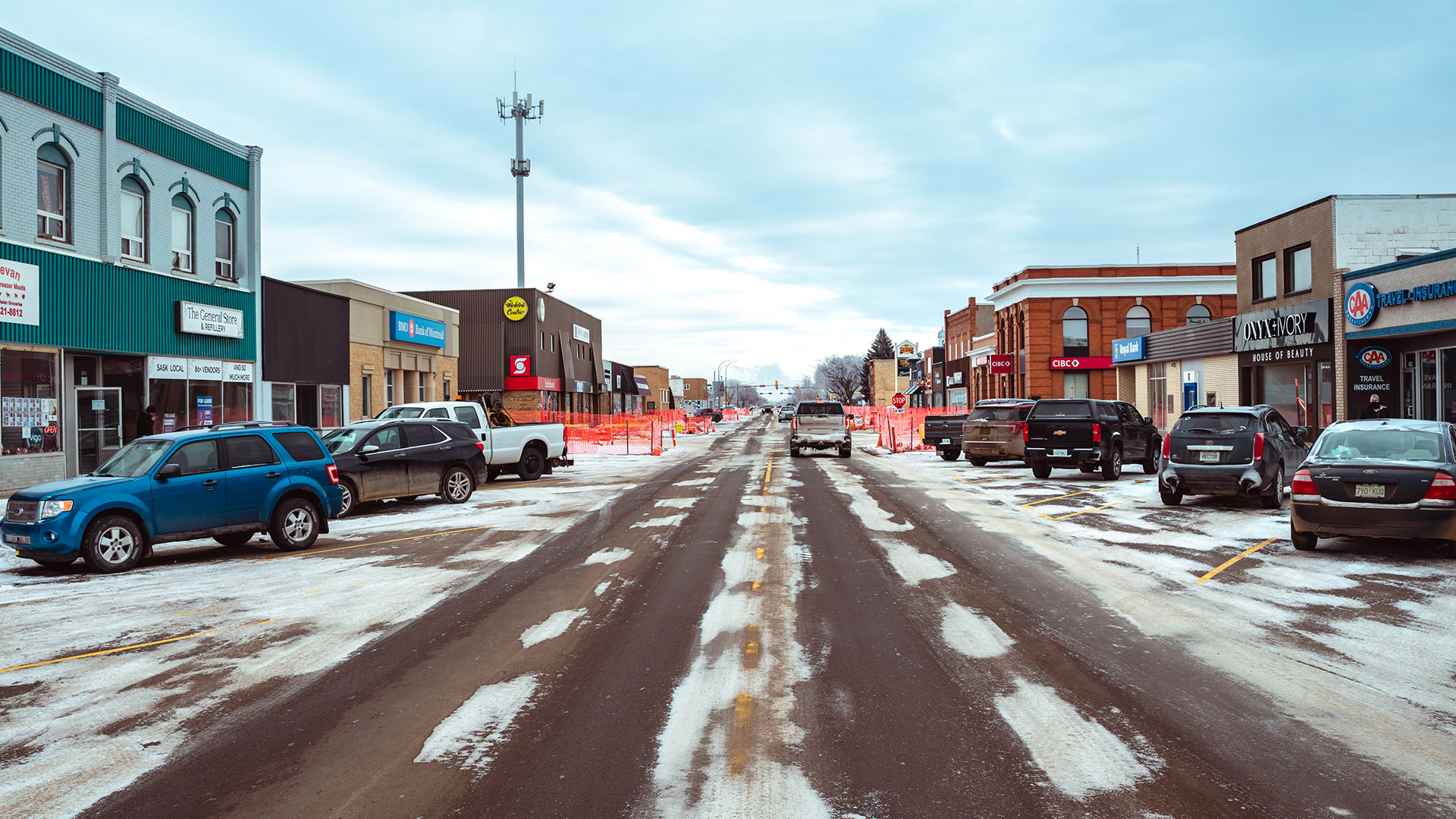
The so-called “individual versus collective action debate” is a core problem underlying climate policy in democracies. We know that mitigating climate change requires major shifts in human behaviour. The question is whether individuals should be urged to change voluntarily or whether governments should enact regulations that force everyone to do things differently. The COVID-19 pandemic has taught us that this does not have to be an “either/or” debate – individual and collective changes can complement one another. Policy-makers should leverage both to successfully tackle climate change.
There are many lessons to be learned about the political response to climate change from the failures and successes in fighting COVID-19. The pandemic confronted nations with a life-threatening crisis. Societies needed to flatten the epidemiological curve to avoid overwhelming health-care systems and causing mass mortality. The scientific evidence suggested that urgent changes to human behaviour were immediately necessary (social distancing, wearing masks, getting vaccinated, etc.). There are clear echoes here in the climate crisis. We need to flatten the curve of greenhouse gas emissions (especially CO2) to avoid overwhelming natural and human systems. In addition to changing energy technologies and electrifying everything, people, corporations and institutions will have to make broader behavioural changes.
The question of how to bring about these behavioural changes is politically contentious. With COVID-19, lockdowns and mandatory masking laws were obvious policy options to enforce change on the collective scale. At the same time, the lockdowns produced socio-political costs. They are a fundamental affront to human freedom, hamper economic activity, exacerbate social inequalities, and contribute to social isolation. Some governments thought the costs outweighed the benefits, and sought instead to urge individuals to voluntarily make behavioural changes. By appealing to personal responsibility, individuals were asked to wear masks, avoid large gatherings and practise social distancing.
Similar debates have shaped the question of how to maximize rates of COVID-19 vaccinations. Should individuals be compelled to get their jabs? Should employers and governments require vaccination (either through mandatory vaccine mandates and/or requiring vaccine passports)? Vaccination mandates are a clear and effective way to reduce the overall public costs of COVID (and arguably the least deadly way to achieve herd immunity). Yet, such mandates are seen by some as a violation of an individual’s right to make choices about their bodies. Moreover, given the onslaught of disinformation on social media, vaccine mandates could in some jurisdictions bolster public opposition, hampering the core objective of mass vaccination. Thus far, most democracies have avoided vaccine mandates, seeking instead to persuade individuals to “do the right thing” through education campaigns, free vaccine distribution and other incentives (such as vaccine lotteries, etc.).
Thus, there are many applicable lessons for climate change policy.
First, the way a given polity has responded to different policy orientations hints at how that same polity might react to policies seeking behavioural change for climate change mitigation. In the U.S., a substantial share of behavioural changes in response to COVID-19 (in particular staying at home) was in fact voluntary. In many U.S. counties, people stayed home upon hearing media reports of rising local COVID-19 cases. While further research is needed to determine what ultimately compelled people to stay home, it is instructive that a significant portion of compliance was voluntary. This has resonance for climate policy. Research has found that experiencing local severe weather events causes an increase in concern about climate change and leads to greater support for climate action. Similarly, various types of media information about climate change can result in behaviour change, particularly when it points to taking actions that can be realized quickly and offer purported economic benefits. The takeaway here is individual-oriented policies can work in part, depending on a range of cultural, geographical and other contextual factors.
Second, we benefit from having policies that encourage both individual and collective change. One reason is there are limitations to the types of collective action that democratic governments can achieve. While collective actions are usually more effective and comprehensive, they tend to come with greater costs. There are policies on climate change that would be highly effective in terms of mitigation, but most societies simply cannot afford them (for instance, an immediate overnight ban on all fossil fuel consumption). Instead, the most practical collective changes are those that produce lower social costs (for instance, a phaseout of coal-fired electricity paired with investments in renewables and smart grids as alternatives). Meanwhile, individual-oriented policies can help fill the gap caused by the less-comprehensive (low-cost) collective policies that democratic governments will likely pursue (an example being temporary lockdowns interspersed with periods of greater individual freedoms) over the more drastic high-cost ones.
Third, to the extent that governments are going to advocate for individual action, they should bolster such policies through incentives and supports. With COVID-19, this included making vaccines free, providing clear information about how vaccines can help, etc. With climate change, this could include making public transit free, creating financial incentives for replacing vehicles and appliances with low-carbon alternatives, and providing information about effective lifestyle changes that support climate change mitigation. Commensurately, when governments advocate collective responses, they ought to accommodate exceptional circumstances. Vaccine passports, for instance, must enable those who cannot be vaccinated to continue to participate in public life. Similarly, collective climate change policies seeking wholesale bans on fossil fuel combustion might include exceptions for combustion engines that can run on second-generation biofuels produced from diverted waste, etc.
Fourth, policy-makers should address underlying inequalities when seeking behavioural shifts. Emergency measures for COVID-19 have dramatically exacerbated prior social and economic inequalities, and the same uneven outcome is expected from many climate change policies. This means both individual and collective policies need to be attuned to the uneven impacts that policies may have on different groups of people. With COVID-19, the lack of paid sick leave and emergency wage supplements made it impossible for many low-income workers to support flattening the curve. Similarly, climate policies that are accessible only to wealthier individuals (i.e., rebates for electric vehicles or home retrofits) may qualify as collective policies, yet they clearly exclude large segments of the population. On the flipside, policies relying on individuals should be attuned to differences between the relative risks that individuals pose to the collective. In both the COVID-19 and climate crises, just a few individuals can cause a tremendous amount of damage. In the case of COVID-19, a very small number of social media influencers have spread a substantial portion of misinformation about the virus; so in this case, policies targeting influencers may be more effective than policies targeting everyone. For climate change, a small percentage of the world’s wealthiest individuals make up a “polluter elite.” So, targeting their individual consumption is more effective than trying to compel everyone to reduce their individual footprints.
Finally, another takeaway from COVID-19 is that attempts to shift behaviour – whether through a focus on the individual or the collective – will always prompt opposition. Despite overwhelming scientific evidence of the risks of COVID-19, large groups of people simply cannot be compelled to change their behaviour. With climate change, there will also be those skeptical of the need for action, regardless of overwhelming evidence about the dangers. This suggests that for those mitigation strategies requiring high levels of compliance, relying on the voluntary action of individuals alone will never be sufficient. Collective changes will inevitably be required, backed by penalties for non-compliance. At the same time, it also demonstrates the importance of role models in showcasing the benefits of compliance for individuals. For COVID-19, this might include high-profile Republicans boasting about the effectiveness of their own vaccination. For climate change, this might involve widely respected role models publicizing their decisions to cut back on flying, etc.
Overall, COVID-19 has taught us that the “individual versus collective action debate” is muddy and complex in the real world. Some policy tools are more oriented around supporting individuals to make behavioural changes, while others seek to compel collective shifts. Even though governments relying solely on personal responsibility will fail to sufficiently change a polity’s behaviour, there are nevertheless some benefits from approaches that seek to prompt voluntary individual changes. Similarly, there are limits to how far democracies can go with collective action, because enforced changes run the risk of being interpreted as an infringement on individual freedoms. Drawing from COVID-19 mitigation measures, smart climate change policy will seek to change behaviour most effectively in toto, meaning it must incorporate potential social feedback and other costs. Both policy responses – at the level of the individual and the collective – have a role to play in tackling the COVID-19 and climate crises.







